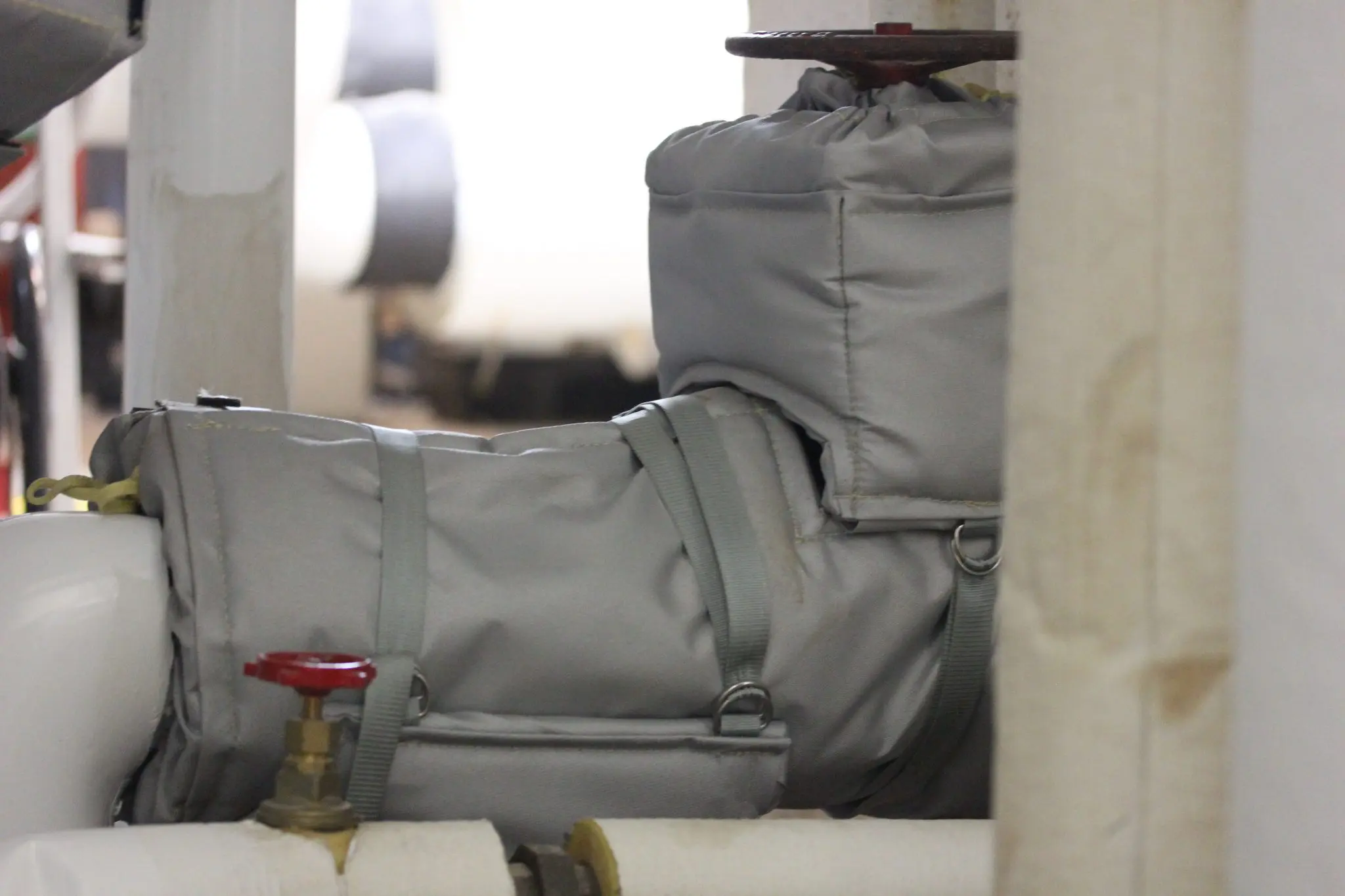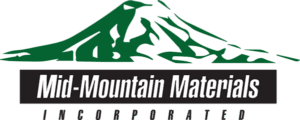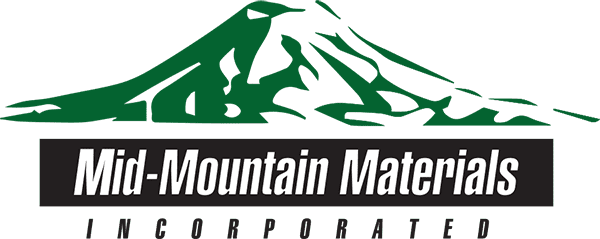Neoprene-coated fabric is a material that is commonly used in industrial settings and high-temperature applications. The fabric serves as a protective barrier for many standard applications because the neoprene coating is resistant to abrasion, chemical agents and combustion. In this blog post, we will look at the uses of neoprene-coated fabric and its benefits.
The Applications of Neoprene Coated Fabric
Suitable for use in various applications, neoprene is commonly utilized in the construction industry as well as in the automotive, clothing and medical industries. It is a flexible, synthetic material that is produced from a combination of carbon, chlorine polymers and hydrogen. Because of its properties, neoprene is resistant to a large number of environmental conditions and also has strong insulation capabilities.

Neoprene is commonly used in the following applications:
- Automotive Industry: Neoprene is an option when manufacturing automotive parts because it is resistant to many damaging phenomena, including abrasion, fire and heat. It is also resistant to weather, oil and solvents.
- Construction Industry: In the construction industry, neoprene is used in bridge bearing pads, washers and other materials due to its resistance to compression, temperatures and the weather.
- Industrial Industry: Often used in applications where electricity is present due to its heat and static resistance, neoprene can be used to produce corrosion-resistant coatings and other industrial applications.
- Safety Equipment: Because neoprene is resistant to both high and low temperatures, it is an excellent material for producing protective coverings such as gloves and coats. Neoprene is also resistant to chemicals, oil and water and, therefore provides an additional layer of protection.
The Benefits of Neoprene Coated Fabric
Using neoprene-coated fabric poses many benefits that help protect employees and equipment throughout industrial processes. These advantages include the following:
- Chemical Resistant: Neoprene can withstand many chemicals, making it a valuable material. It is chemical resistant to petroleum-based mixtures, methyl alcohols, alkalines and some salt solutions.
- Lightweight: Fabric that is lightweight is easier for personnel to handle and operate machinery whilst wearing.
- High Strength: High-strength fabric is resistant to a number of industrial occurrences such as chemical abrasion and high temperatures as well as provides protection.
- Resistant to Outdoor Conditions: Neoprene has a high resistance to UV rays, has a low oxidation rate and can withstand outdoor conditions for a prolonged period of time.
- Thermal Barrier: When used in difficult workshop environments, neoprene-coated fabric serves as a thermal barrier that will protect both equipment and personnel. Neoprene is both heat and cold-resistant.
Neoprene Coated Fabric from Mid-Mountain Materials
At Mid-Mountain Materials, Inc., we develop neoprene-coated fabrics under our ARMATEX® brand for standard and specialist applications. Our neoprene products typically include curtains, disposable clothes and welding blankets as well as pads that increase the value of your welding applications.
If you would like to know more about our neoprene-coated fabrics and their applications then you will find more details on the technical sheets on our website. Alternatively, for a quote or more information, please do not hesitate to contact us.

